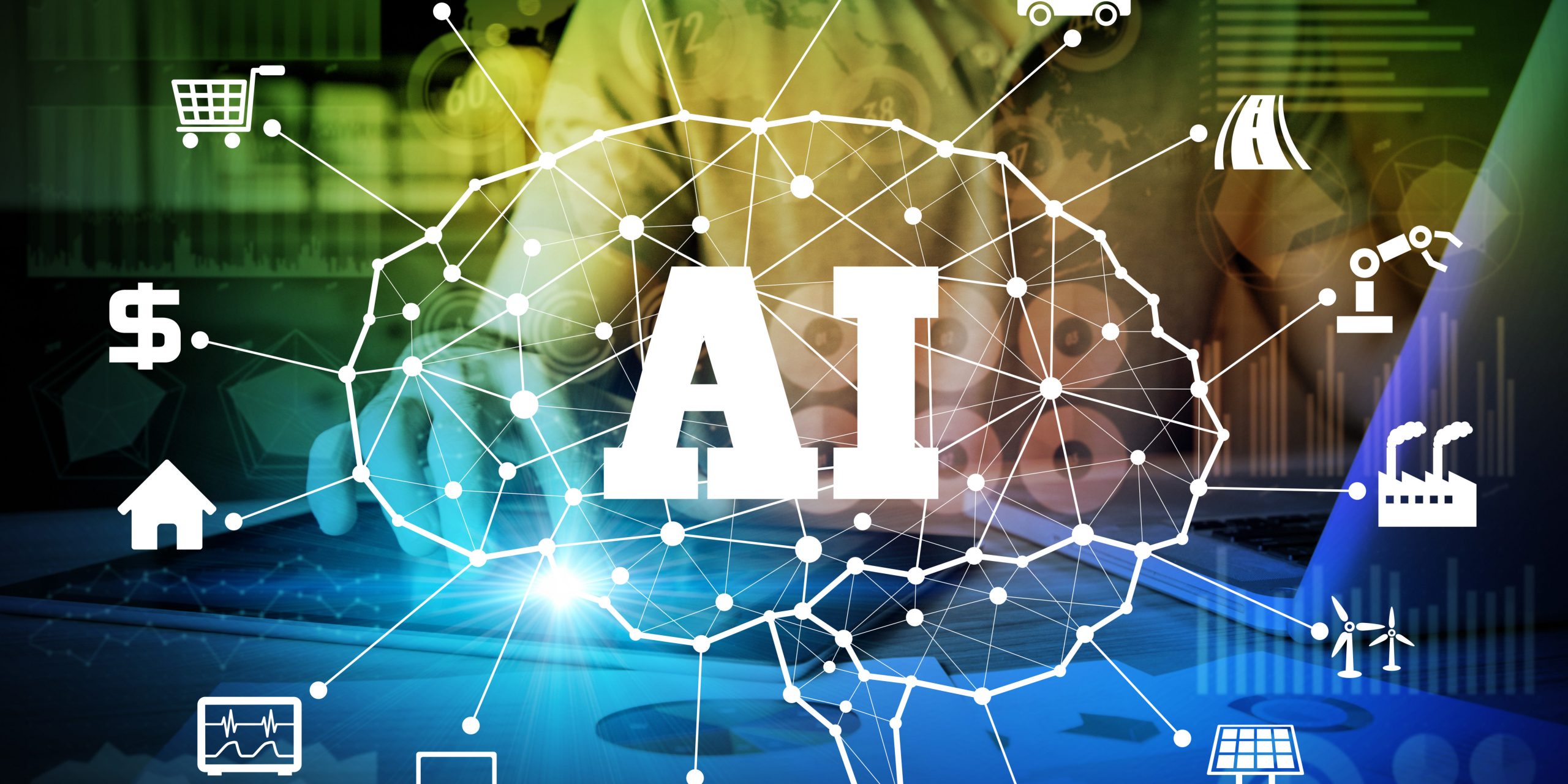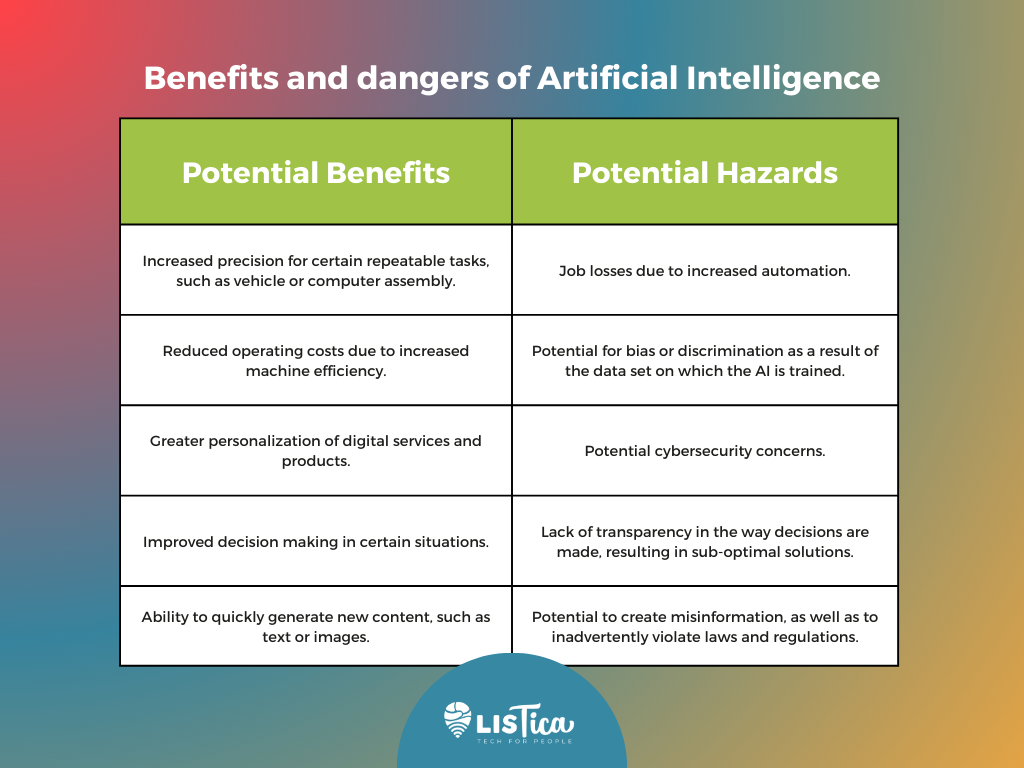
In recent months, there is a hot, much talked about topic that is increasingly becoming part of our daily lives and an area in which companies across all industries are investing.
Yes, we are talking about artificial intelligence. In this article, we'll tell you everything you should know about it.
What is artificial intelligence
Artificial Intelligence, commonly abbreviated as AI, is the set of systems and combination of algorithms that aim to create intelligent machines that mimic human intelligence to perform tasks such as language recognition, decision making, translation or image design and that can improve according to the information they gather.
Keep in mind, however, that AI is not intended to replace humans, but to enhance human capabilities and contributions.
History and evolution of Artificial Intelligence
The history of artificial intelligence dates back to the mid-20th century, when scientists and mathematicians began to develop concepts and theories that laid the foundations for this discipline.
Alan Turing, one of the pioneers in the field, was the one who proposed a theoretical machine known as the "Turing Machine", which is considered to be the forerunner of modern computers and AI.
Since its inception, artificial intelligence has undergone significant advances. Initially, it focused on creating chess programs capable of competing against humans.
However, as technology advanced, AI began to tackle more complex problems, such as image processing, machine translation and autonomous driving.
Today, artificial intelligence is in a process of rapid evolution thanks to advances in computational power, the development of more sophisticated algorithms and the massive availability of data.
Benefits and challenges of AI
AI has the potential to transform the way we work and live in today's world.
Estos son algunos de los posibles potential benefits and dangers that artificial intelligence may pose:

Practical applications of AI in different contexts
The uses of artificial intelligence are endless. The technology can be used in many different sectors, industries and contexts. For example:
- Health: The system is used for medical diagnosis, image analysis and early detection of diseases and to optimize hospital management.
- Agriculture: AI is applied in crop monitoring, weather forecasting and productivity optimization.
- Finance: Artificial intelligence is used in financial fraud detection, risk analysis and investment portfolio management.
- Personal digital assistants: Smartphones use artificial intelligence to provide personalized services. AI assistants answer questions and support users in organizing their daily routines smoothly.
- Cybersecurity: Artificial intelligence systems can help recognize and combat cyberattacks based on pattern recognition and attack tracking.
Will an AI steal your job?
Common artificial intelligence will not replace all jobs, rather it will change the nature of some of them.
In fact, artificial intelligence cannot work on its own, but needs people to train and use these tools.
So instead of eliminating jobs, AI creates new fields and opportunities.
What is clear is that the one who will steal your job will be the professional who already knows how to leverage artificial intelligence to his or her advantage to be more productive through AI tools.
The Future of AI
Artificial intelligence is not only impacting the future of every industry and people, it has also acted as the main driver for emerging technologies such as big data, robotics and IoT.
In conclusion, artificial intelligence is undoubtedly one of the most powerful tools of our era, but it must always be seen as just that.
The real magic happens when we combine the processing power of machines with human depth, creativity and empathy.
So instead of fearing its advance, take advantage of the myriad ways in which artificial intelligence is enriching our existence and helping us build a better future.
And you, do you already use artificial intelligence in your life and business?
